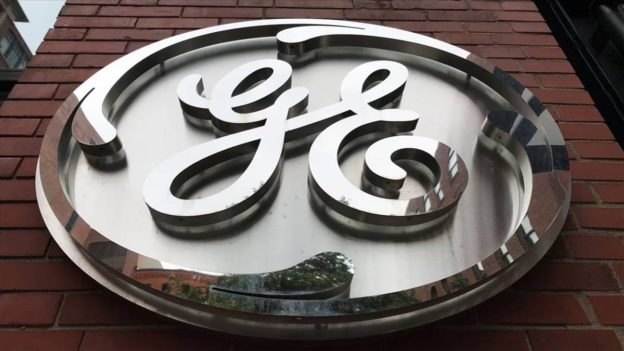This eagerly anticipated deal may see the production of the state-of-the-art GE-F414 jet engine within India, in a multi-million-dollar partnership with Hindustan Aeronautics (HAL).
As Prime Minister Narendra Modi prepares to embark on a highly significant state visit to the United States, all eyes are on the potential agreement that could facilitate the transfer of critical engine technology from General Electric (GE) to India. This eagerly anticipated deal may see the production of the state-of-the-art GE-F414 jet engine within India, in a multi-million-dollar partnership with Hindustan Aeronautics (HAL).
The significance of jet engine technology in the world of aviation cannot be overstated. It is widely regarded as the holy grail, coveted by many but possessed by only a select few nations. Should the manufacturing of these engines take place in India, it would bring about a transformative change in the Indian airspace.
At the forefront of this deal is the cutting-edge GE-F414 jet engine, renowned for powering the F/A-18 Hornet, the favored fighter aircraft of the US Navy. Reports suggest that the United States is willing to transfer up to 80 percent of the value of the deal in key technology, which would be utilized in the production of the LCA-Mk2—a highly advanced variant of India’s homegrown Light Combat Aircraft (LCA).
This monumental agreement would not only result in General Electric establishing a presence in India through its partnership with HAL but also introduce vital manufacturing processes for the production of single-crystal turbine blades and other crucial components. These processes encompass laser drilling for combustion, machining of powder metallurgy, and the manufacture of compression discs and blades.
The GE-414-IN6 engine, once manufactured in India, would not only power the indigenous Tejas Mk-2 fighter but also the futuristic AMCA (Advanced Medium Combat Aircraft)—a stealth fighter that holds immense promise.
By securing this deal, the Indian Air Force (IAF) would gain access to reliable and long-lasting jet engines capable of withstanding several thousand hours of operation. In contrast, engines of Russian origin frequently require overhauls after just a few hundred hours. Experts attest that GE engines are not only lighter, more powerful, and fuel-efficient but also possess the potential for future upgrades.
It is worth noting that the United States has never authorized such a transfer of advanced technology to any nation, making this development all the more groundbreaking.
State-of-the-art jet engines contain intricately designed components with heavily protected intellectual property rights (IPR), coupled with manufacturing processes that are shrouded in secrecy. The technology India stands to gain encompasses the coating and machining of single-crystal turbine blades—an invaluable asset.
Throughout the history of aviation, the manufacturing of jet engine turbine components has posed a colossal engineering challenge. Jet turbines must retain their shape, strength, and efficiency at temperatures reaching up to 2,000 degrees Celsius.
Previously, metal alloys used in older jet engines, manufactured through conventional techniques, failed to withstand the extreme temperatures, resulting in compromised thermal efficiency.
The potential GE-India collaboration signifies a quantum leap in technological prowess, positioning India at the forefront of aerospace advancements. The ramifications of this deal extend beyond bilateral cooperation, heralding a new era for Indian aviation and unlocking unprecedented possibilities in the global aerospace industry.
India’s Perspective:
For India, this agreement holds great importance in its pursuit of building a self-reliant defence industry, in line with the Atmanirbhar Bharat initiative. India’s previous attempts to develop an indigenous engine, such as the Kaveri project, faced technical challenges and failed to meet requirements. The collaboration with General Electric presents a crucial opportunity for India to enhance its technological capabilities and develop its own military-industrial complex. The transfer of advanced technology from GE will not only bolster India’s defence capabilities but also reduce its dependence on foreign suppliers for critical components.
https://www.financialexpress.com/business/defence-landmark-us-visit-of-modi-india-on-the-verge-of-revolutionary-jet-engine-deal-with-general-electric-3133203/





